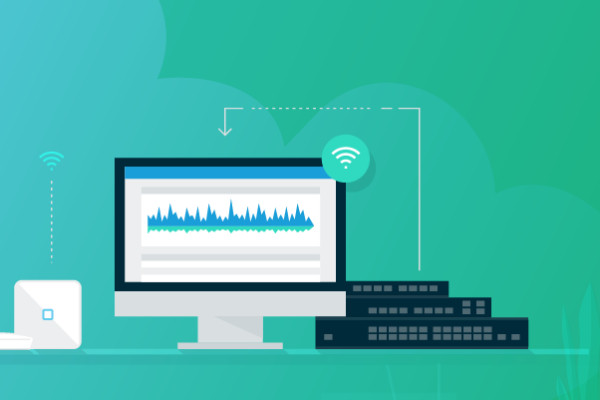What Is a Network Appliance?
A network appliance is a machine that centralizes hardware, software, or services for a group (or network). While there are varied types and applications, at its core, the network appliance is a cost-effective solution for network management.
Network Appliance Services
When configuring a network, a network appliance can be used to manage other network-connected devices. Some of the services that are often provided by such an appliance include:
Authentication
An important role in any network is that of securing remote access to the network and its data. To eliminate the need to buy, install, and maintain a separate software-based authentication solution, a network appliance can be used for two-factor user authentication.
Caching
Using a network appliance to store local copies of web pages, videos, or other objects will enable you to save bandwidth and enable users to access the cached content quicker. In some cases, companies also use caching services to monitor the web usage of network users.
DNS, DHCP, AND IPAM (DDI)
Network appliances are often used for critical network services like DNS, DHCP, and IP address management (collectively known as DDI) to ensure high-availability and security for your infrastructure.
Failover
If your network cannot afford downtime or other disruptions, ensuring your network appliance has failover capabilities is critical. Failover should be automatic when the appliance detects an outage of your ISP and should offer one or more alternate connection methods (a different ISP, cellular, satellite, etc.).
Firewall protection
By using a network appliance for firewall protection, you establish a barrier between your own network and the internet. You can monitor traffic to and from your network and easily block unwanted connections based on criteria you set.
Global WiFi settings
Using a network appliance, you can manage settings for your wireless networks like their broadcast channel, frequency, access point settings, bandwidth, load-balancing, and security.
Intrusion detection
Malicious activity is rampant and using a network appliance for intrusion detection is critical. The appliance will monitor activity and policy violations and report them. Distinct from the firewall service, intrusion detection can also alert you to malicious activity within your network.
Network Appliance Management
A network appliance is typically managed through a browser interface, enabling network administrators to manage its services from anywhere and get up-to-date reporting at any time.
Network Appliance Benefits
Rather than using general-purpose servers or full-featured PCs, using a network appliance has several benefits:
- Deployment, operation, and management are easy
- Compatible with virtually every network-connected device
- Purposeful in optimizing performance, security, and scalability
- Cost-effective
Network Appliance Definition
Honing in on a global definition of a network appliance is challenging because each network is unique in its infrastructure, needs, and vulnerabilities. In sum, a network appliance is everything a network needs to be efficient, available, and secure.




